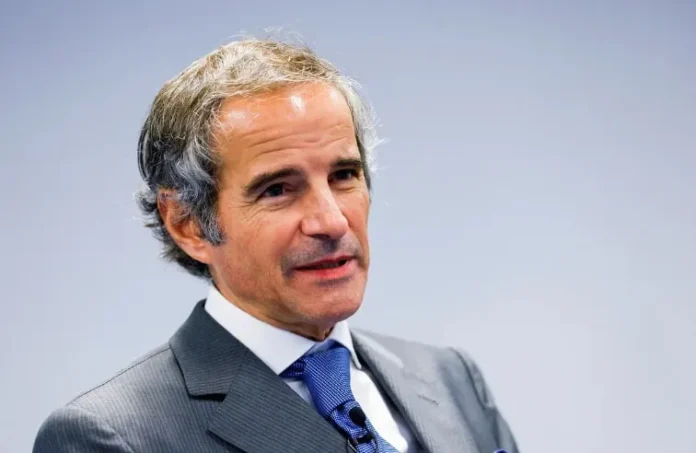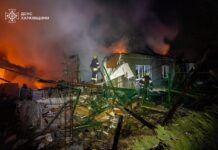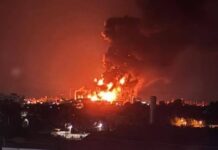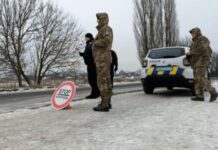What's happening now
Since 23 September, Europe's largest nuclear power plant in Zaporizhzhia has been without external power and has been running on emergency diesel generators. IAEA Director General Rafael Grossi called on the parties to show «political will» to ensure access for repair workers and restore power supply. This is the tenth case of a complete loss of external power since the start of the full-scale war, the agency said.
What the IAEA says
The IAEA describes the situation as serious: the reactors are shut down, but they need stable power for cooling and safety systems. At the same time, there is no immediate threat as long as the diesel engines are running, according to public assessments, but this cannot be considered a sustainable solution.
Why it is risky
Repeated blackouts switch the plant to backup generators, which increases overall nuclear safety risks - from equipment wear and tear to dependence on fuel and logistics. That is why the Agency insists on the fastest possible restoration of external power supply and sustainable access of personnel to damaged elements of the power system.
The context of the last few days
Against the backdrop of attacks on energy infrastructure, Ukraine has recorded other incidents, including a power outage at the Chornobyl site, which temporarily limited certain systems. Kyiv has warned of increased risks to nuclear facilities as a result of drone attacks.
Positions of the parties
Kyiv accuses Russia of deliberately creating a threat to ZNPP and obstructing line repairs. Moscow assures that the situation is «under control», but also states that it needs to restore external power. Meanwhile, IAEA inspectors remain at the site, and the agency's leadership is in contact with both sides.
Radiation background and public safety
According to the parties and the IAEA, radiation levels are currently normal. The main condition is stable power supply to the cooling systems, which must be restored outside the emergency generator mode.
What's next
The IAEA is continuing to monitor and calls for safe access to the plant's power supply elements for repair teams. Further updates depend on the restoration of external lines and the overall security situation around the site




